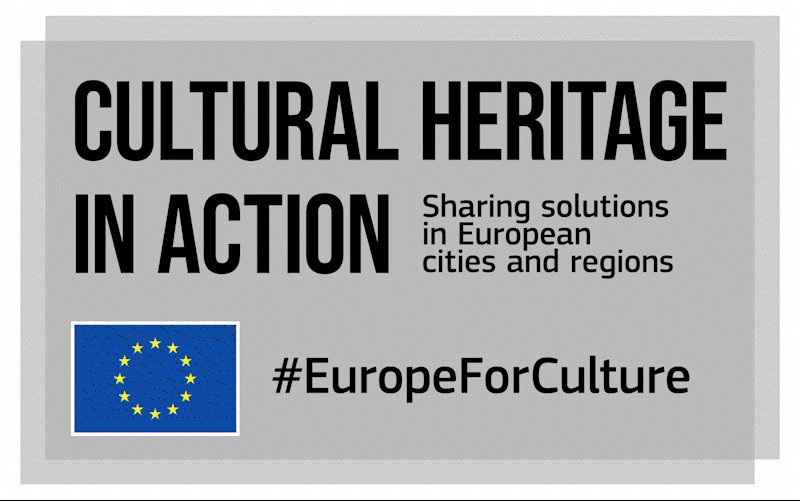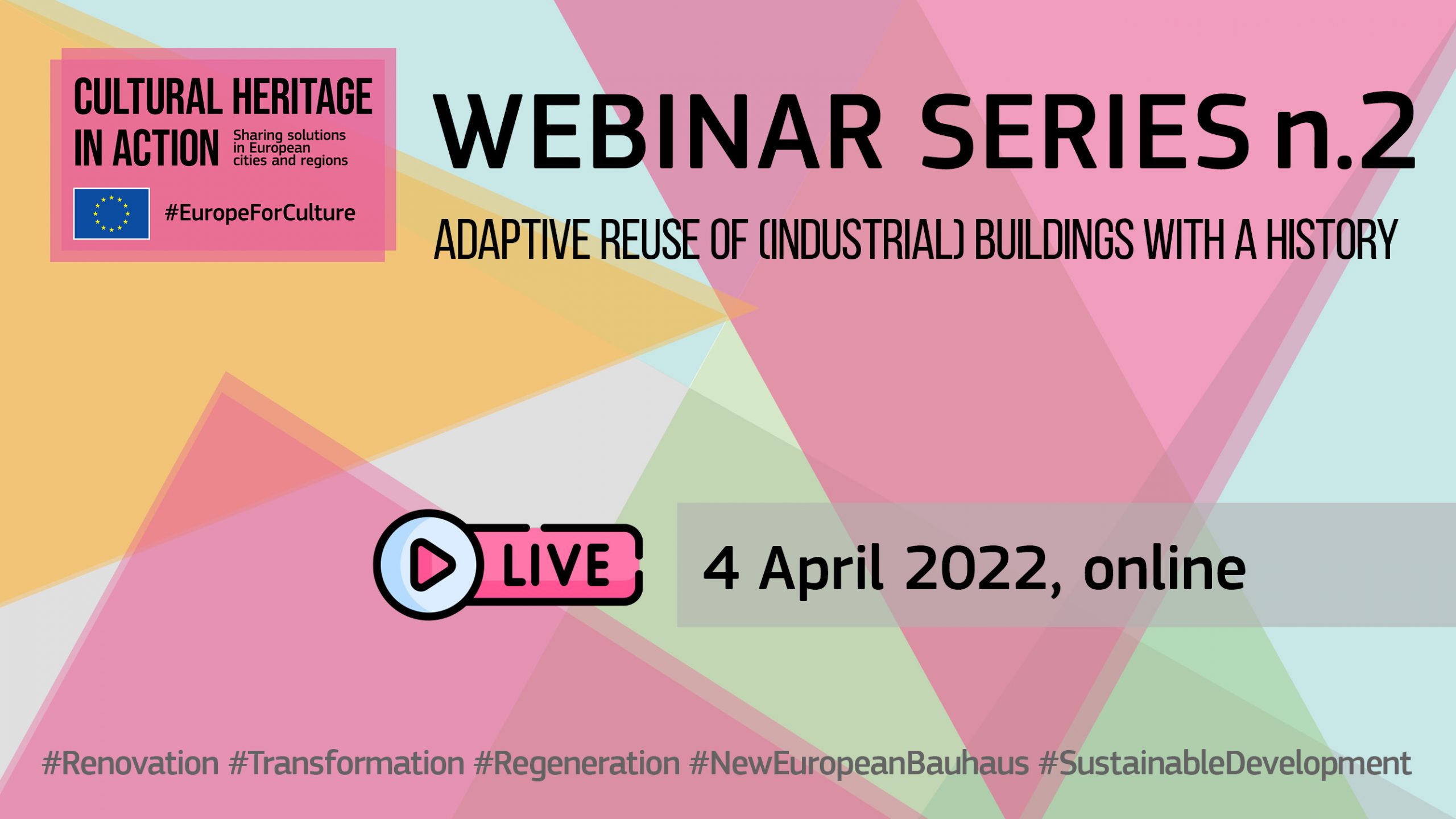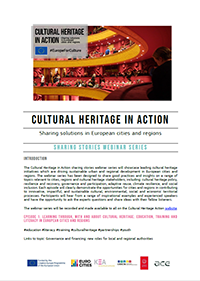Adaptive reuse of (industrial) buildings with a history
Europe has a rich and multi-faceted built environment, incorporating strong spiritual, cultural, social and economic values. Due to evolutions in our economies and societies, many heritage sites, whether listed or not, are nowadays disused or have lost the functions for which they were originally built – notably industrial sites.
However, heritage buildings that have lost their original function still embody their multiple values. Adaptive re-use offers itself as a strategy aimed at preserving the elements that contain these values, while at the same time adapting the place for new uses and meeting needs of our time. Through smart renovation and transformation, heritage sites can find new, mixed or extended uses. As a result, their social, environmental and economic value is increased, while their cultural significance is enhanced.
Sensitive adaptive re-use of existing and historic buildings can also play a key role in Europe’s green transformation, avoiding energy-intensive new construction and land use, promoting waste-avoidance and preserving embodied energy while generating additional positive economic, environmental, social and cultural co-benefits. For this reason, the re-use of (industrial) heritage buildings offer many opportunities for advancing the goals of the New European Bauhaus initiative launched by the European Commission in 2020.
As illustrated by the first phase of the Cultural Heritage in Action project, which had this topic as one of the main focuses, the adaptive re-use of our built heritage brings multiple benefits to individuals and society, for present and future generations. Yet, it can still be regarded as being an unviable option, while planning and building regulations may prevent the development of re-use projects.
The webinar will give the opportunity to explore, through concrete examples, the benefits of re-using heritage sites; challenges inherent to adaptive re-use projects; drivers of quality interventions on cultural heritage.



